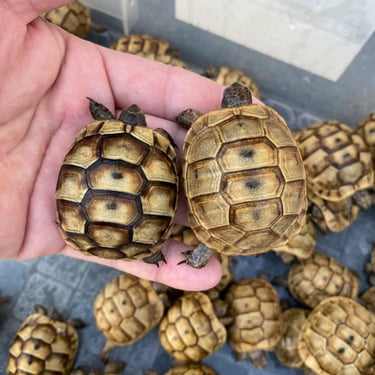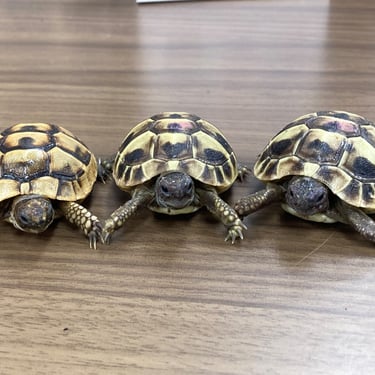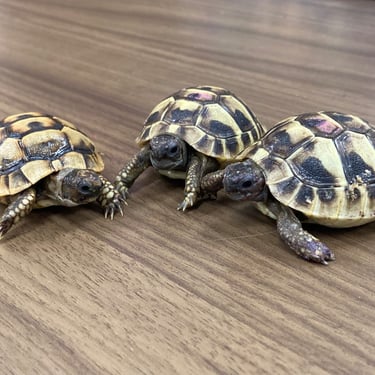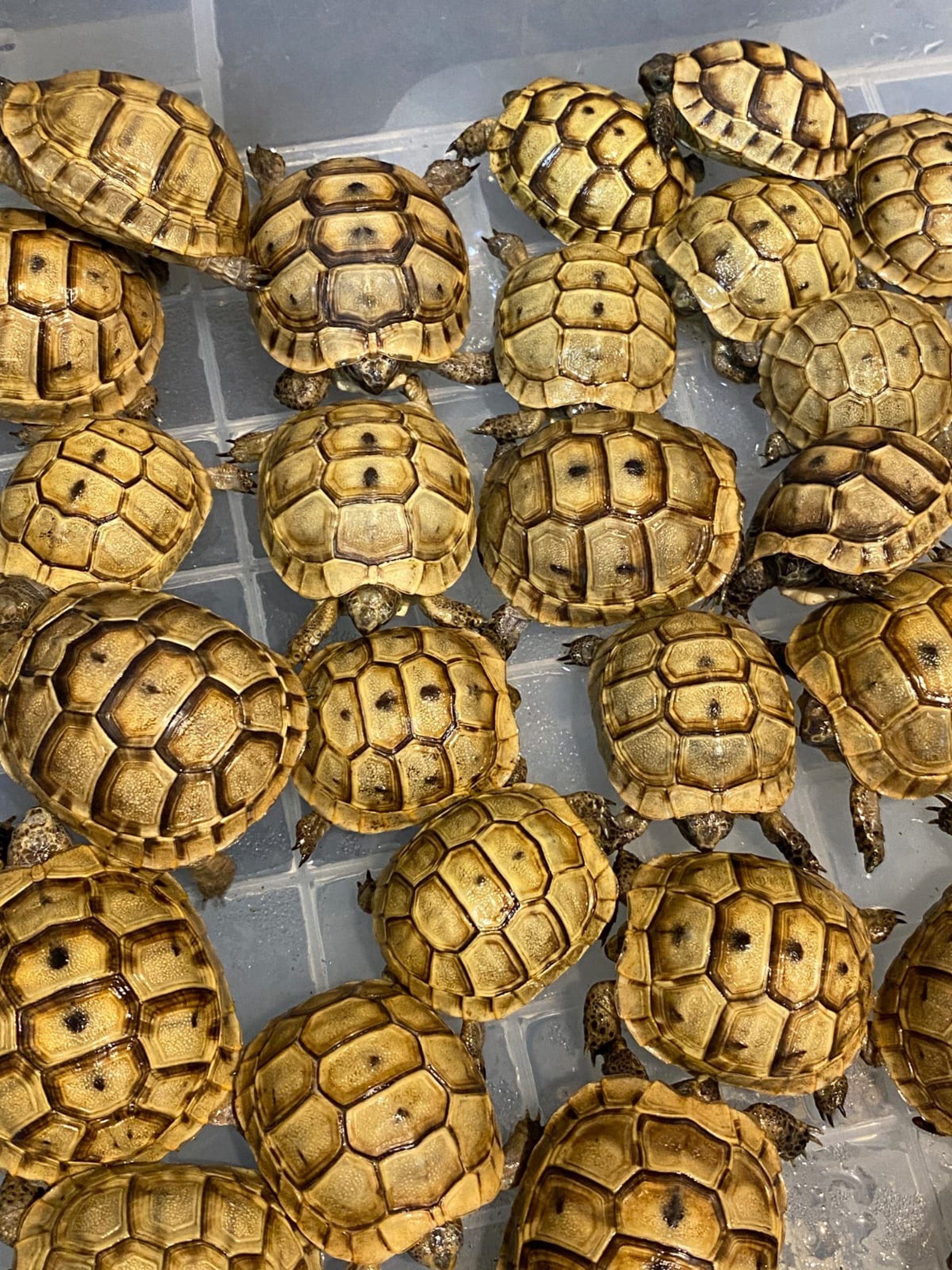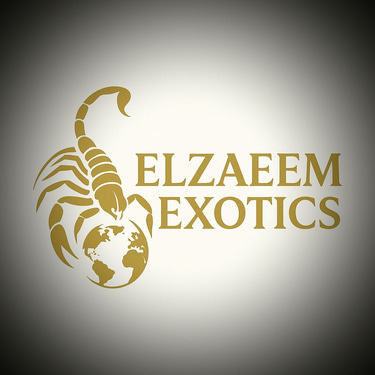Export CITES Reptiles from Egypt – Uromastyx, Tortoises & Desert Species”
CITES, or the Convention on International Trade in Endangered Species of Wild Fauna and Flora, is an international agreement designed to regulate and control the global trade of wildlife to ensure that endangered species do not suffer from over-exploitation. More than 180 countries, including Egypt, follow this agreement to guarantee that the international movement of reptiles, mammals, birds, insects, and other wild animals is carried out legally, ethically, and sustainably. CITES plays a major role in protecting species from illegal capture and trafficking, especially those with high commercial value such as tortoises, uromastyx, monitors, and rare desert reptiles.
The purpose of CITES is to create a balanced system where wildlife can be traded internationally without harming natural populations. The agreement classifies animals into different appendices according to their conservation status and risk levels. Appendix I includes species that are highly endangered and require the strictest controls. Appendix II covers species that are not yet critically endangered but could face threats if their trade is not regulated. Appendix III includes animals protected by specific countries and requires cooperation from others. Most Egyptian reptiles, such as Uromastyx aegyptia, Uromastyx ornata, Varanus griseus, and Testudo kleinmanni, are listed under Appendix II, meaning they can be exported legally but only with proper permits.
For any exporter or importer of wildlife, CITES permits are essential. No CITES animal can be exported or imported without valid documents issued by both the exporting and, when required, the importing country. These permits confirm that the animal was collected legally, from approved areas, and without harming natural populations. Exporters must also provide veterinary health certificates, legal source statements, and comply with IATA packing standards for safe and humane transport. This documentation ensures that the entire process is transparent, controlled, and recognized by international authorities.
For buyers, working with a CITES-licensed exporter is the safest way to import animals legally without facing customs delays, shipment confiscation, or legal problems. Reptile shops, exotic animal breeders, zoos, and international distributors rely heavily on CITES documents to ensure that each animal they receive is legitimate. Proper CITES paperwork also helps build long-term trust between exporters and buyers, especially in markets like the EU, GCC, Japan, South Korea, and many Asian countries that apply strict wildlife regulations.
Egypt is one of the leading countries in the Middle East for exporting desert reptiles under CITES control. Species such as Egyptian tortoises, uromastyx, oriental skinks, sand boas, and desert monitors are highly demanded worldwide due to their rarity and unique desert characteristics. For this reason, choosing a professional exporter who understands CITES rules is essential.
In short, CITES guarantees legal, safe, and sustainable trade of reptiles and wildlife, protecting species and ensuring that international buyers receive animals with full documentation and confidence
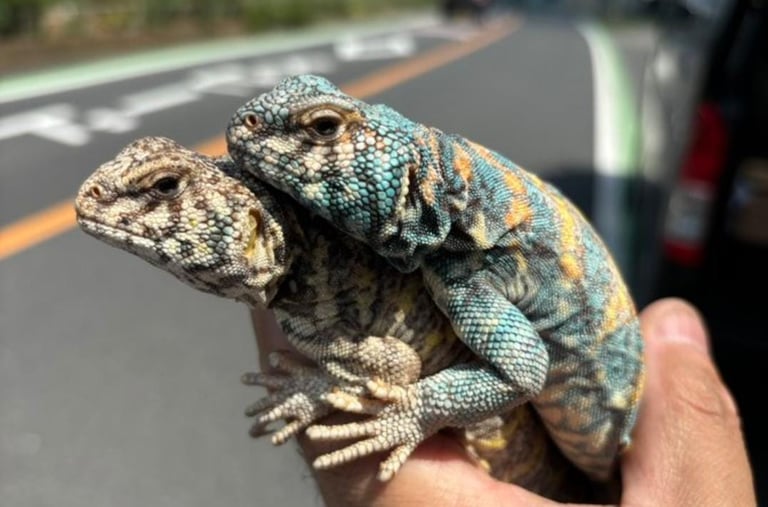

Uromastyx ornata (Big & Small)
CITES Certified, Healthy & Ready for Export. Premium Egyptian desert lizards with full legal permits and worldwide shipping.
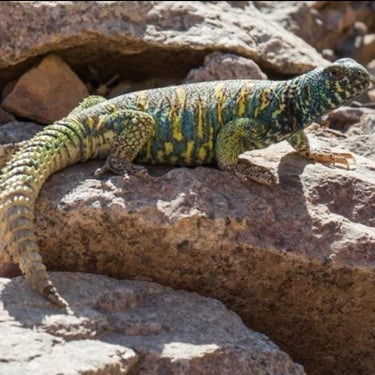

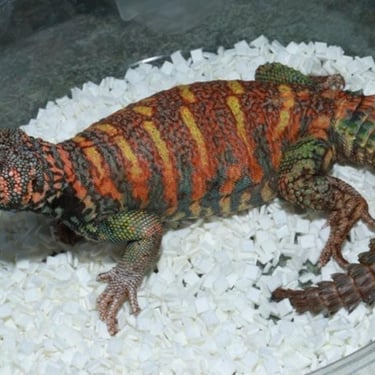
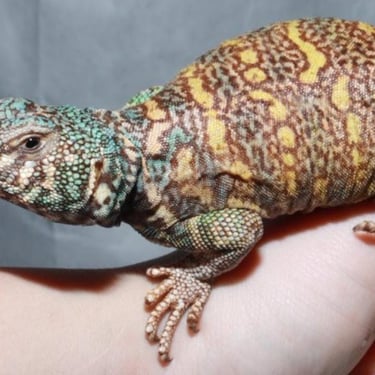
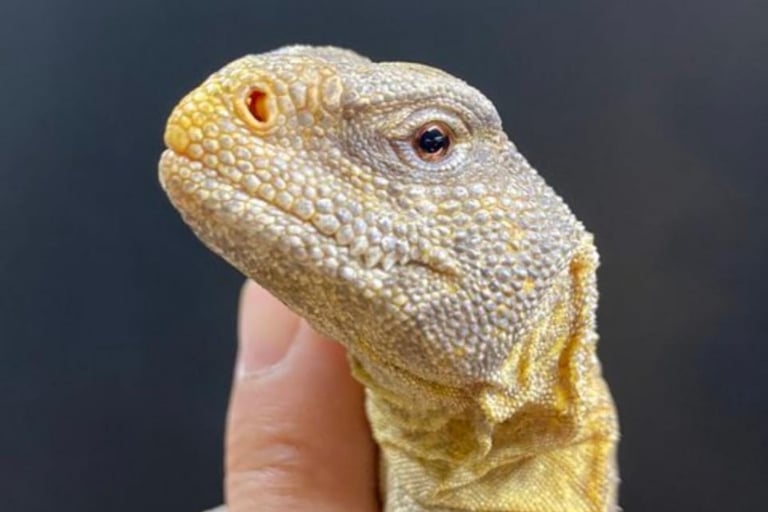

Uromastyx aegyptia (Big & Small)
CITES Certified, Healthy & Ready for Export. Premium Egyptian spiny-tailed lizards with full legal permits and worldwide shipping.
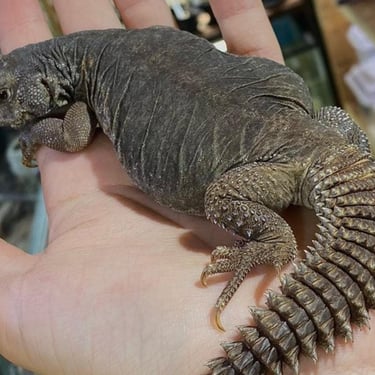
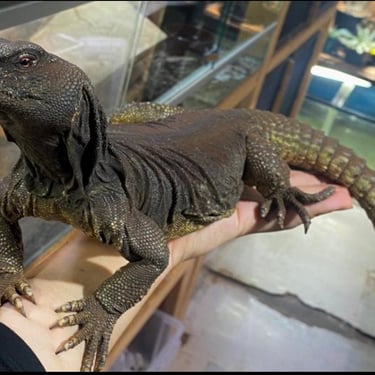
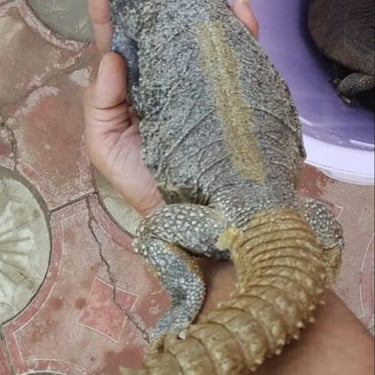

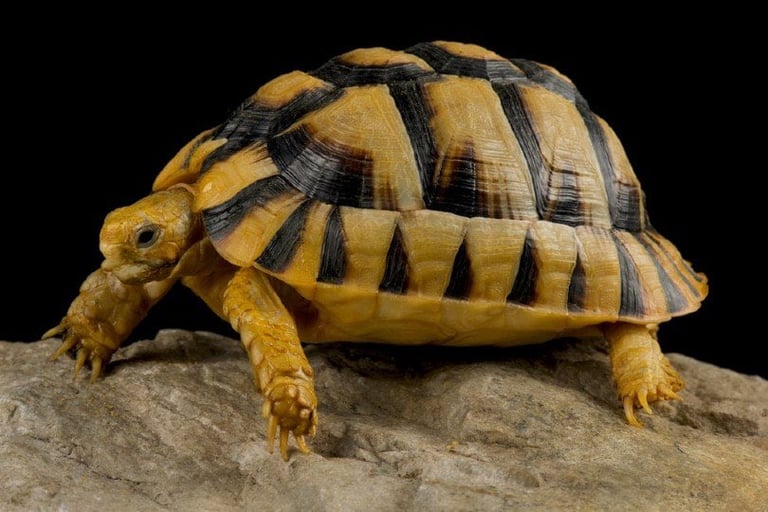

Geochelone sulcata
sulcata
(Geochelone sulcata) – Premium, Healthy, and CITES-Certified for Legal Export from Egypt. Safely packed and shipped worldwide.
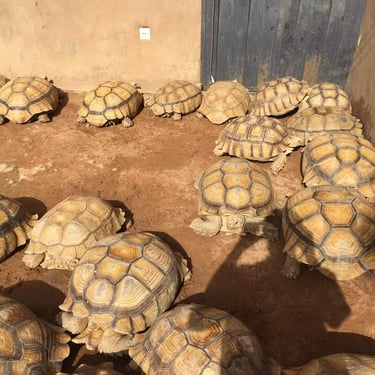
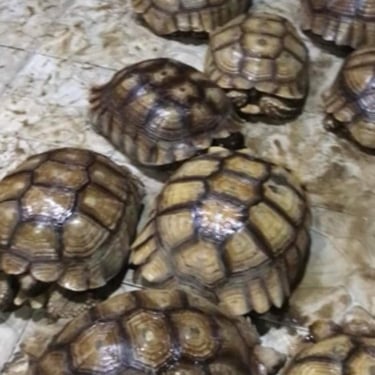
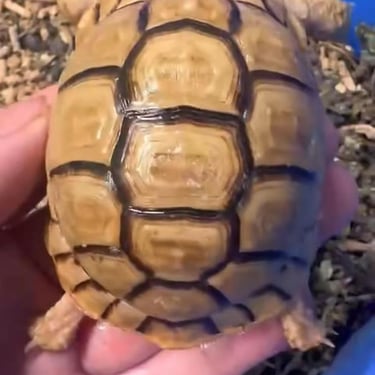
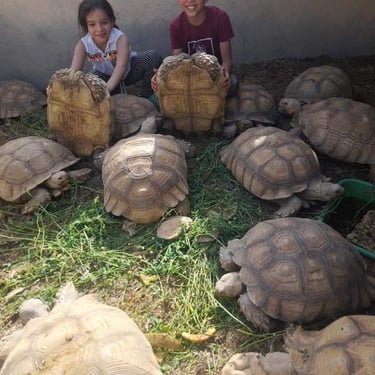
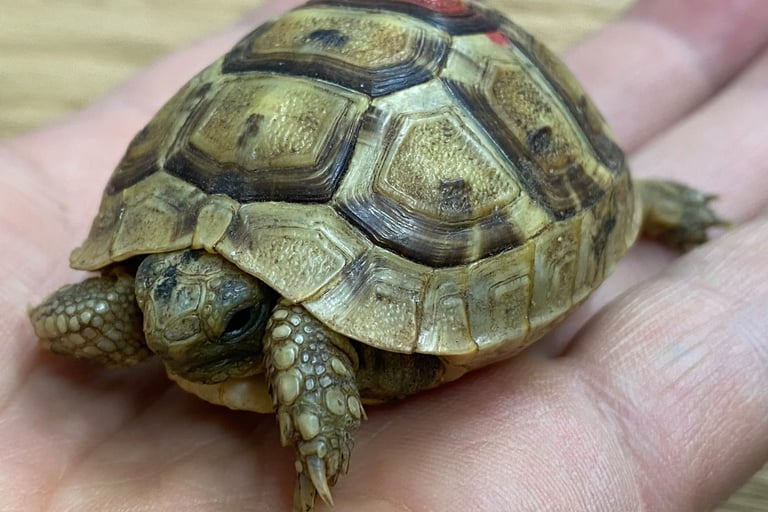

Testudo graeca – Egyptian Tortoises
, CITES Certified and Ready for Legal Export. Healthy, premium-quality tortoises with safe worldwide shipping.
